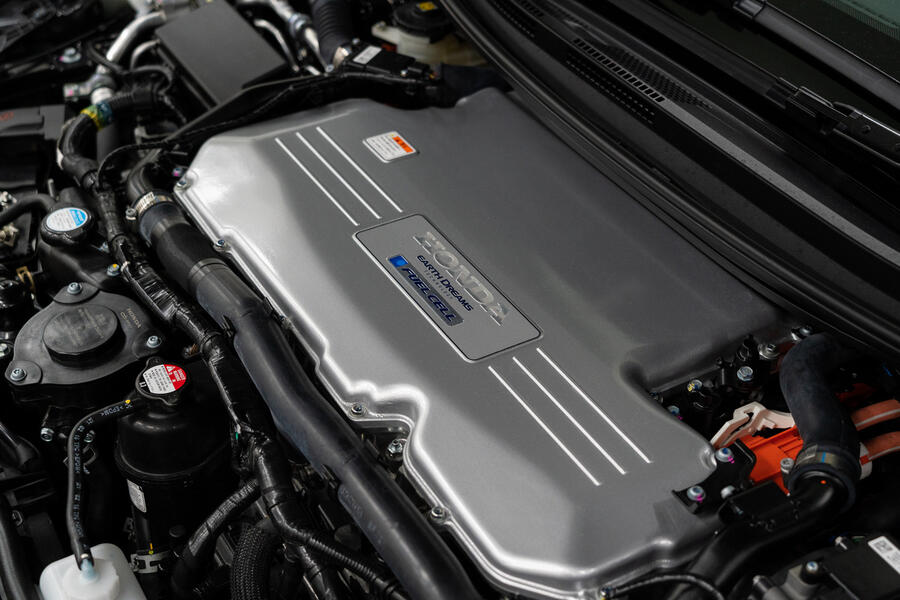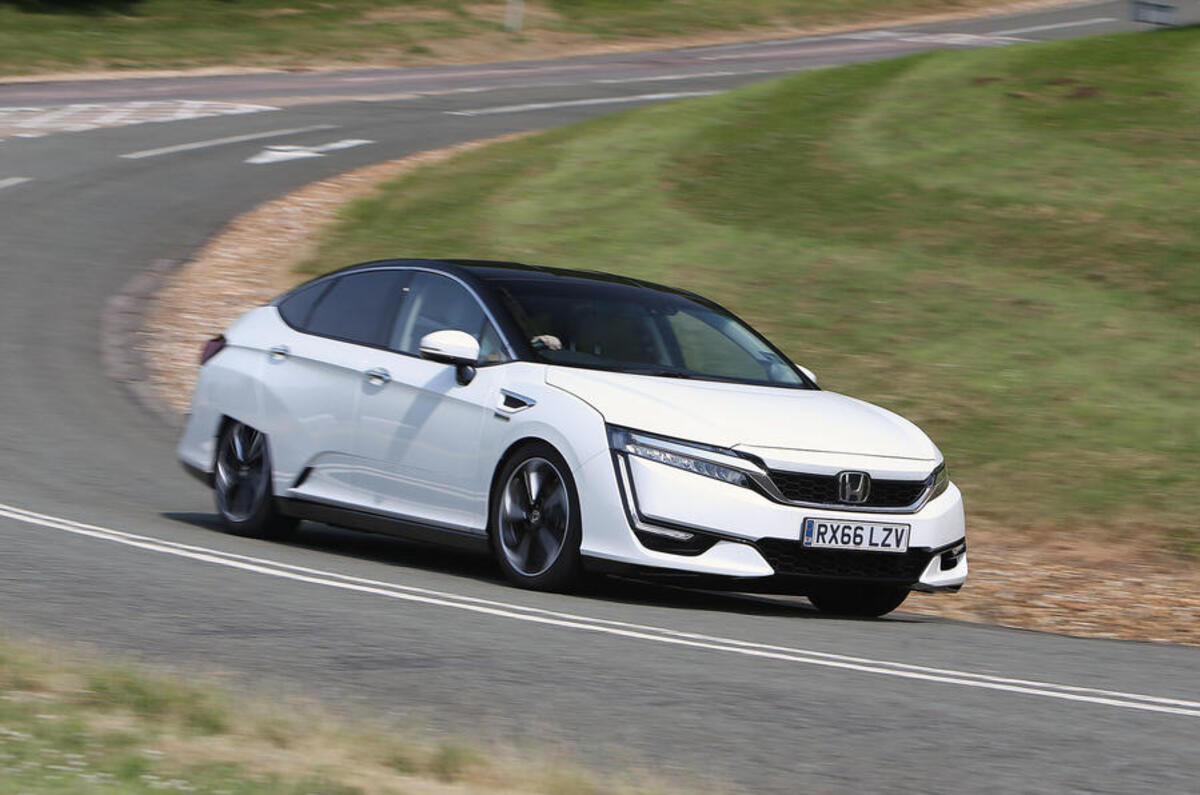Honda believes hydrogen fuel cell technology has a role to play in the future of the passenger car, once the ‘battery EV era’ is fully under way.
Honda, along with Toyota and Hyundai, has long been a proponent of the hydrogen car, launching the FCX Clarity globally as far back as 2008 and following it up with a second generation which ran from 2017 to 2022.
More recently, it has launched a fuel cell version of the current CR-V in the US and Japan, developed in partnership with General Motors. And now, the brand suggests that FCEV cars could become a mainstay of its global line-up.
Inoue Katsushi, who heads up Honda’s electrification efforts following stints leading the brand in Europe and China, gave Autocar his vision for the future of hydrogen cars: "What I have in my mind is that the [battery] EV era comes first, and the next phase is fuel cell cars.
"The fuel cell era might take some more time," he said, suggesting 2040 is more realistic than 2030.
Tellingly, the company has said that 100% of its car sales will be either battery-electric or hydrogen fuel cell by 2040, though has not said what it expects the split to be. There are no plans to launch hydrogen versions of any cars in the new 0 Series family of electric cars.
Inoue said slow sales for the original Clarity model are not a sign that the market will never be there for such a car. "In those days, the infrastructure was not good enough, and it was an experimental model and the cost was too high,” he said. “So it's not our only commercial basis - but with the commercial vehicles, the FCEV powertrain is going to be expanded, for sure, but it will take some time."
"Our next generation fuel cell is competitive enough,” he said, referring to the system in the new CR-V (below), which will be detailed in the coming months.

Inoue said the wider roll-out of FCEV cars will be possible once the infrastructure exists to support it, along with the supply chain and market demand, which is why Honda is first focusing its hydrogen efforts on the commercial vehicle and industrial sectors.









Join the debate
Add your comment
It's been given a fair try, time to just now admit defeat. Hydrogen for cars has just got basic physics and economics against it.
It's been given a fair try, time to just now admit defeat. Hydrogen for cars has just got basic physics and economics against it.
It's been given a fair try, time to just now admit defeat. Hydrogen for cars has just got basic physics and economics against it.